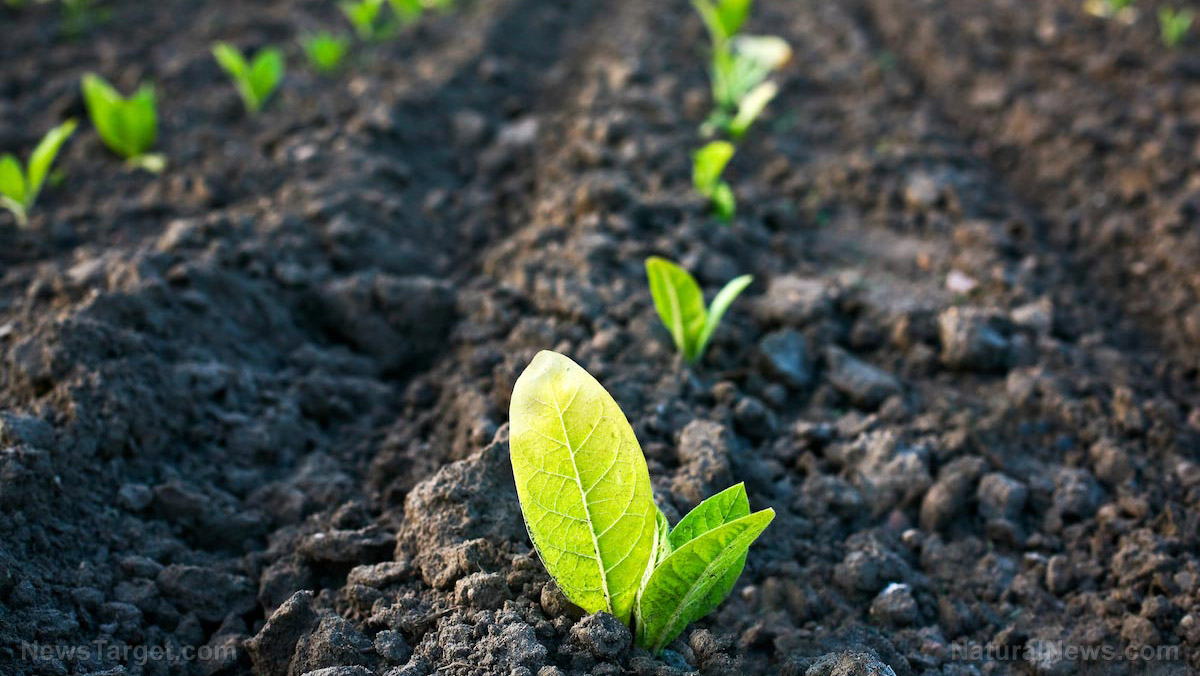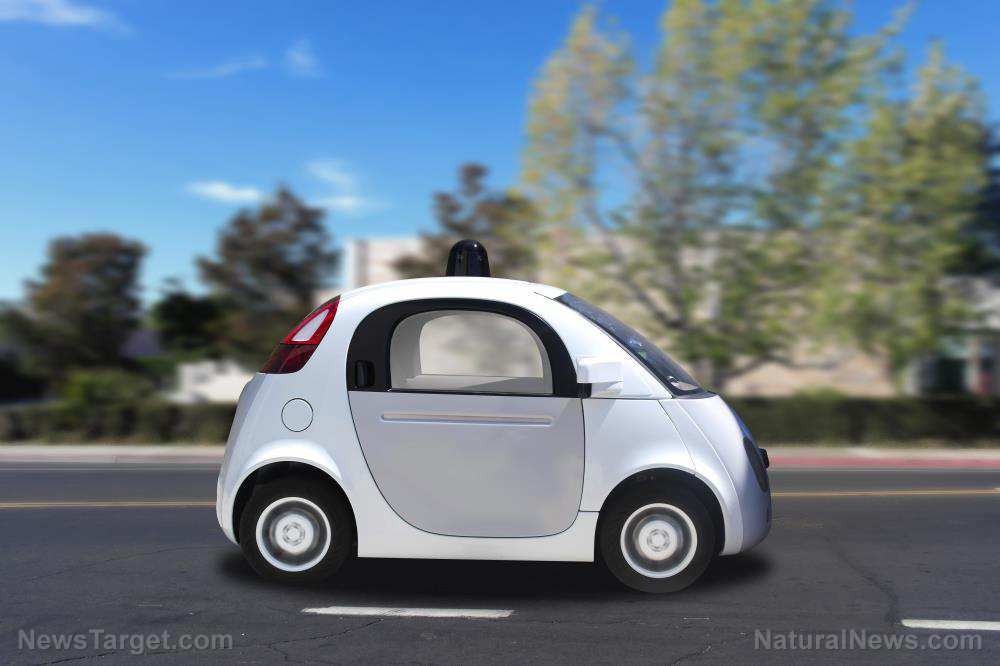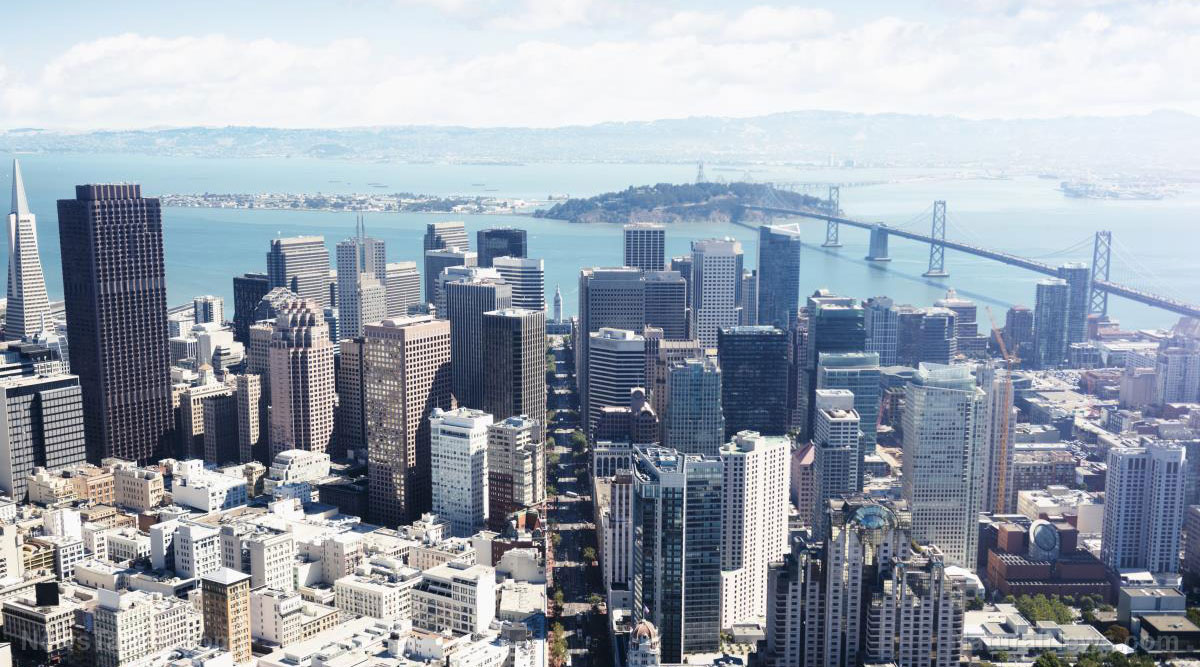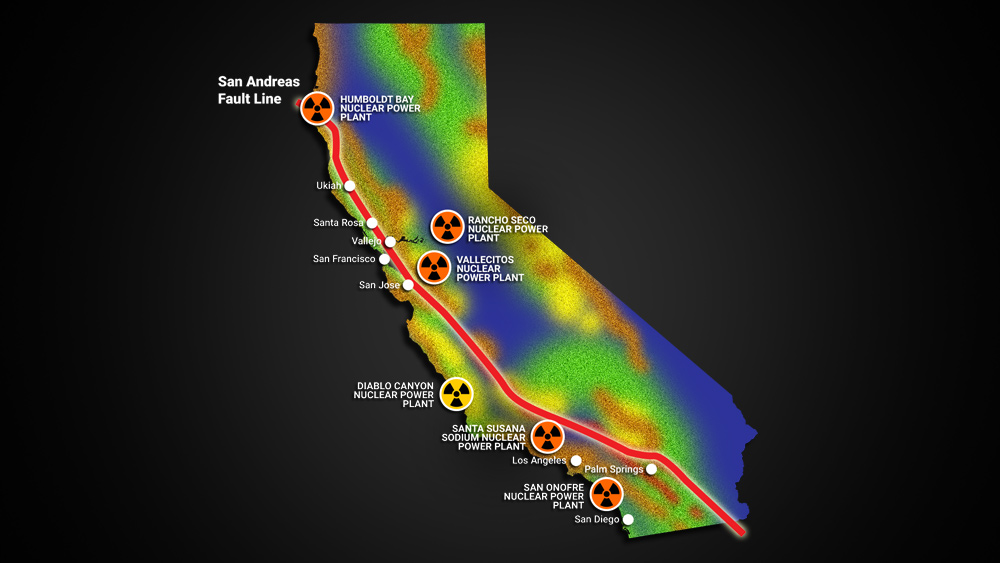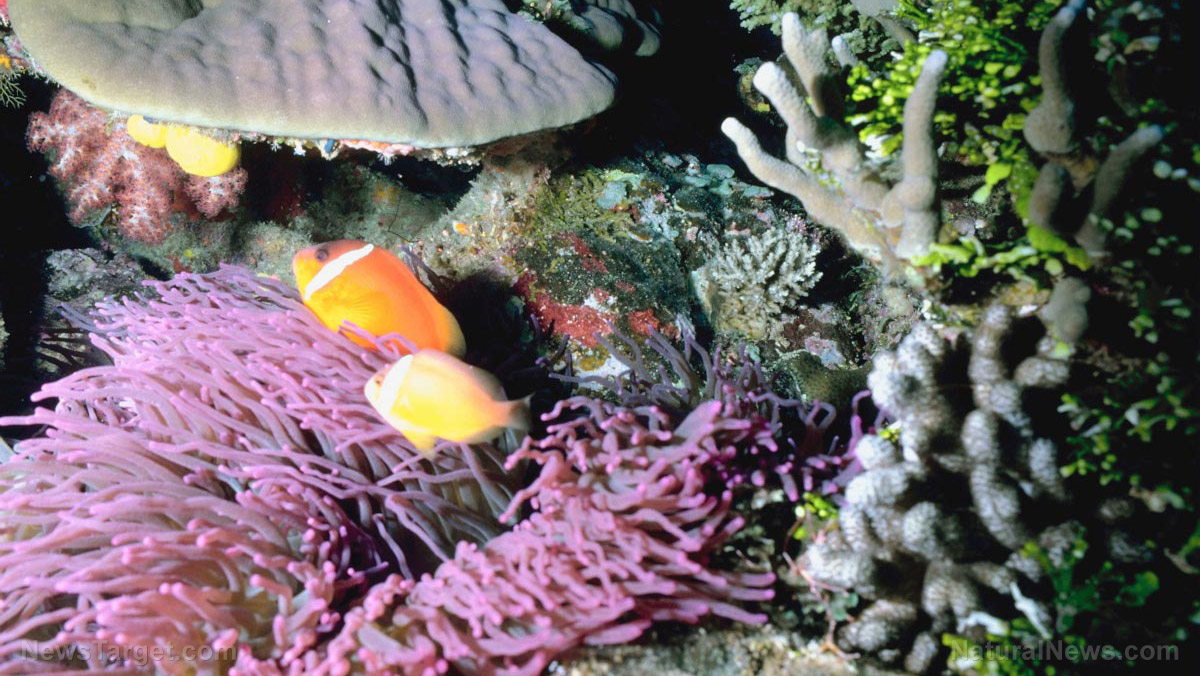Thousands march worldwide against the world’s most hated company, Monsanto
05/25/2017 / By Isabelle Z.

How can you tell if a company is truly evil? If actively covering up the fact that their highly profitable products cause cancer wasn’t your first clue, the knowledge that thousands of people around the world stage protests against them every year should illustrate the extent of their depravity quite nicely.
Of course, you might not have heard much about the 6th International March Against Monsanto, which was held on May 20, because the mainstream media simply does not cover it. The same outlets that are all too happy to show up when even small protests are held against Trump are conspicuously absent when people take to the streets in more than 200 cities across six continents to draw attention to a company that has caused irreparable harm to our planet and the life on it.
Why are they the world’s most hated company? Let’s count the ways. Monsanto’s Roundup herbicide contains the chemical glyphosate, which the World Health Organization labeled a “probable carcinogen.” It is so pervasive that it’s been found in rain samples, vaccines, baby formula, prenatal vitamins, breast milk and around 90 percent of our conventional food supply.
It’s now at the center of a slew of lawsuits that were filed by cancer patients or their loved ones, and it has also been linked to infertility and birth defects. It is also impacting the environment, leading to mass die-offs of butterflies and bees and polluting soil, water and air. Its use has risen 16-fold since GMO crops were introduced in the mid-90s, and it earned Monsanto nearly $4.76 billion in sales in 2015.
Taking evil to new heights
Promoting and selling a product to the public that you know is dangerous is bad enough, but the way that Monsanto has conducted itself in its dealings with the government, regulators, researchers, and the public takes their nefariousness to another level entirely.
Monsanto colluded with the EPA to cover up Roundup’s toxicity, resorting to such abhorrent measures as threatening and bullying scientists, smearing journalists who dare speak out against them, writing favorable research studies and paying scientists to sign off on them, and hiring a crew of trolls to search every corner of the internet – including people’s personal social media pages – for negative mentions of their products and counter them with false science. It’s easy to see why people all around the world from all walks of life are so riled up.
The Twitter hashtag #MarchAgainstMonsanto was flooded with pictures of peaceful protests around the planet. Around 1,500 people showed up in Basel, Switzerland, while 300 people took to the streets in Lyon, France. Protestors in Bordeaux, France held signs that said: “With nature, not against it.”
A crowd marched near Monsanto’s office in Buenos Aires, while demonstrators shouted anti-Monsanto sentiments in Ghana. People in cities from Lisbon and Miami to San Antonio and London voiced their concerns about the firm. Large demonstrations in Montreal and Toronto prompted a Monsanto Canada public affairs director to defend the firm on Twitter, where she quite predictably claimed there is no scientific proof that glyphosate causes cancer.
The message in all these places was the same regardless of location and language: Buy organic and local, or better yet, grow your own food. Eating food with an unknown origin is simply not worth the risk. Be sure to express your outrage over Monsanto by joining in next year’s march!
Sources:
Tagged Under: glyphosate, Monsanto, Roundup
RECENT NEWS & ARTICLES
COPYRIGHT © 2017 ENVIRON NEWS

